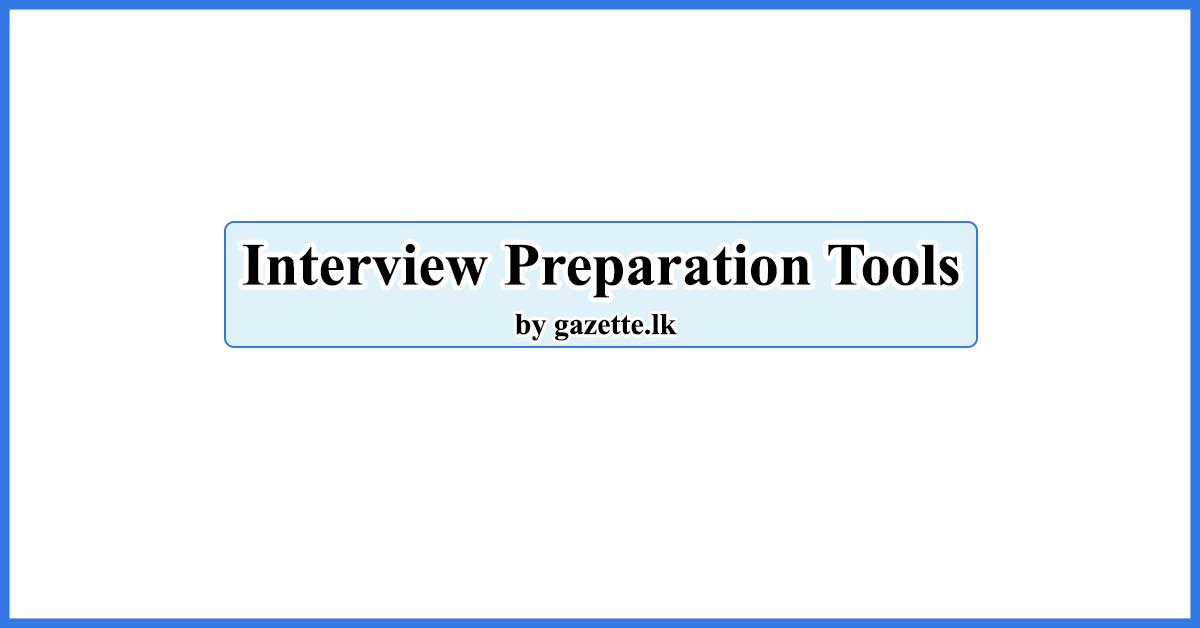Interview preparation tools are resources designed to assist job candidates in getting ready for job interviews. These tools often provide a variety of features to help individuals feel more confident and perform well during interviews.
Interview Question Generator
Question:
Click the button to generate a question.
Interview Preparation Tools
- Practice Interview Questions: These tools offer a wide range of common interview questions that candidates are likely to encounter during their interviews. By practicing answers to these questions, candidates can refine their responses and feel more prepared.
- Tips for Answering Questions: Interview preparation tools often provide valuable tips and strategies for effectively answering different types of interview questions. This guidance can help candidates structure their responses and highlight their skills and experiences.
- Behavioral Question Examples: Many interviews include behavioral questions that ask candidates to share specific examples of how they’ve handled certain situations in the past. These tools often provide sample behavioral questions and suggestions for how to frame responses using the STAR (Situation, Task, Action, Result) method.
- Mock Interviews: Some tools offer simulated interview experiences where candidates can participate in mock interviews. These mock interviews simulate the actual interview process, helping candidates practice their responses, body language, and overall interview performance.
- Confidence Building Strategies: Interviews can be nerve-wracking, so these tools might include advice and techniques for building confidence. This can involve tips on how to manage nervousness, maintain positive body language, and present oneself with assurance.
- Interview Etiquette: Proper interview etiquette is essential. These tools might cover topics like appropriate attire, punctuality, and how to engage with interviewers professionally.
- Research Guidance: Successful interviews often involve knowing about the company and role. Interview preparation tools might guide candidates on how to research the company, its culture, and the specific position they’re applying for.
- Feedback and Analysis: Some tools offer the option to record mock interview sessions. Candidates can review their performance, identify areas for improvement, and receive feedback on their answers and presentation.
- Industry-Specific Questions: Depending on the industry, certain questions might be more relevant. These tools could provide industry-specific questions and advice tailored to the candidate’s field.
- Body Language Tips: Nonverbal cues play a role in interviews. These tools might offer insights into maintaining eye contact, using gestures appropriately, and conveying confidence through body language.
- Remote Interview Tips: With the rise of remote interviews, some tools might offer guidance on how to navigate virtual interviews, including technical setup, camera presence, and minimizing distractions.

